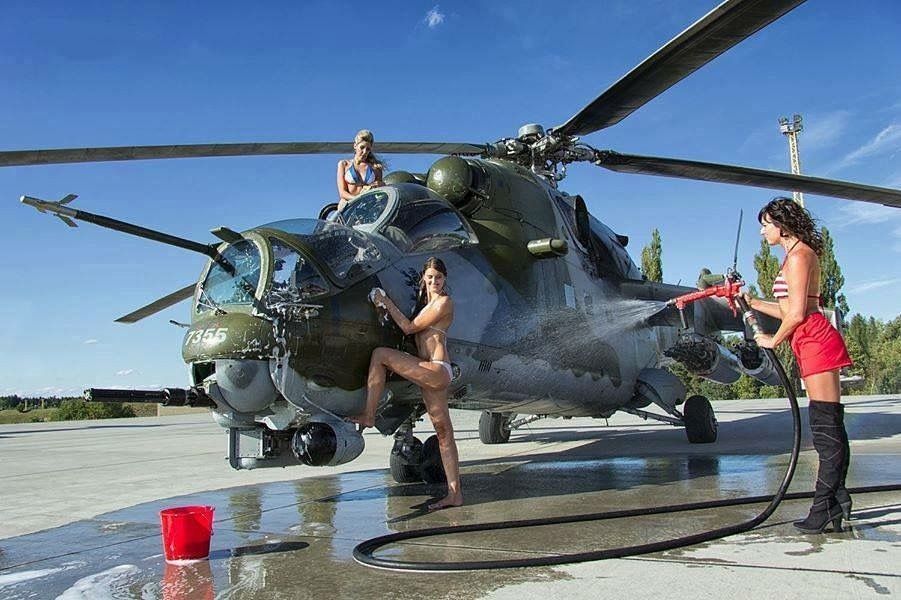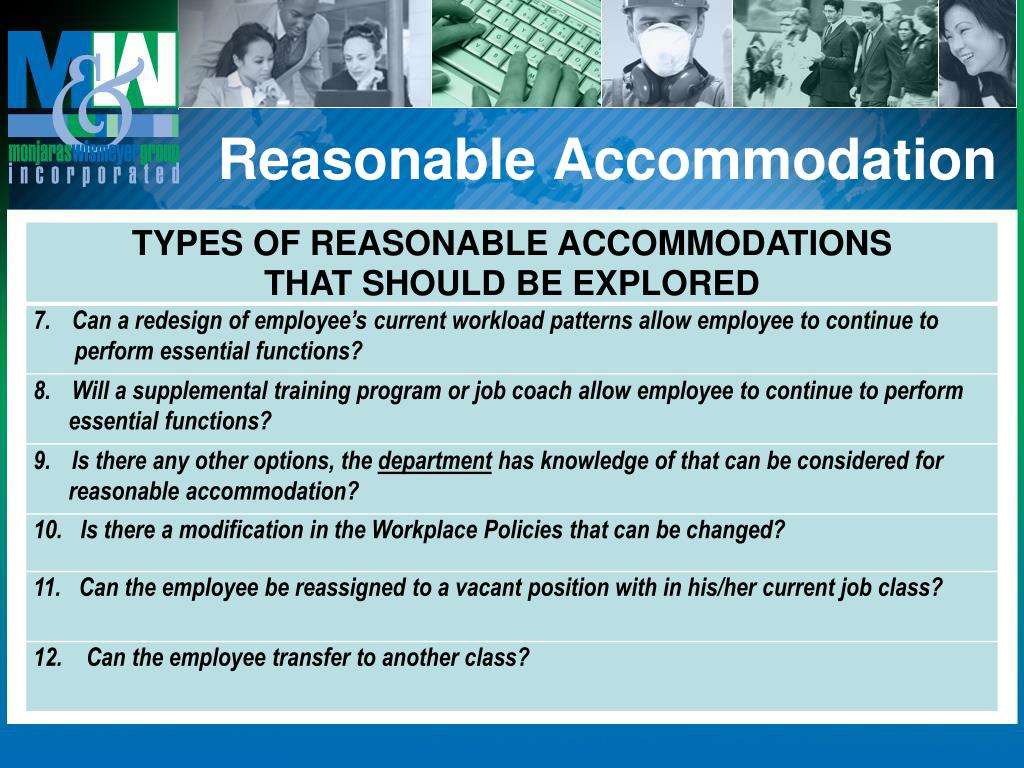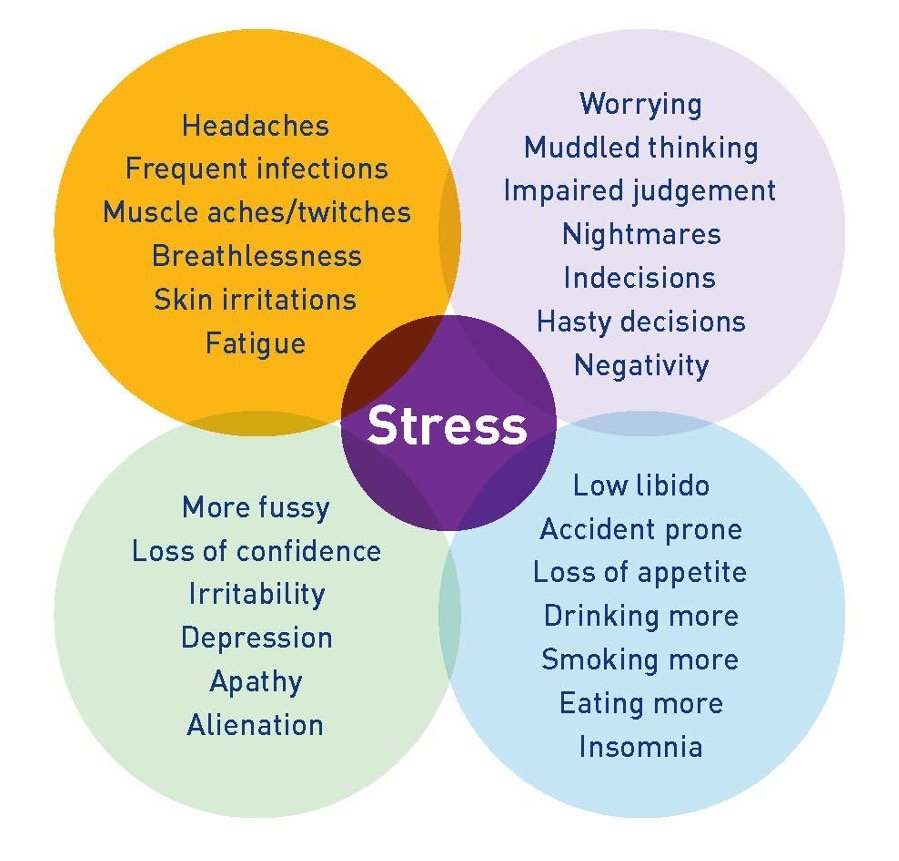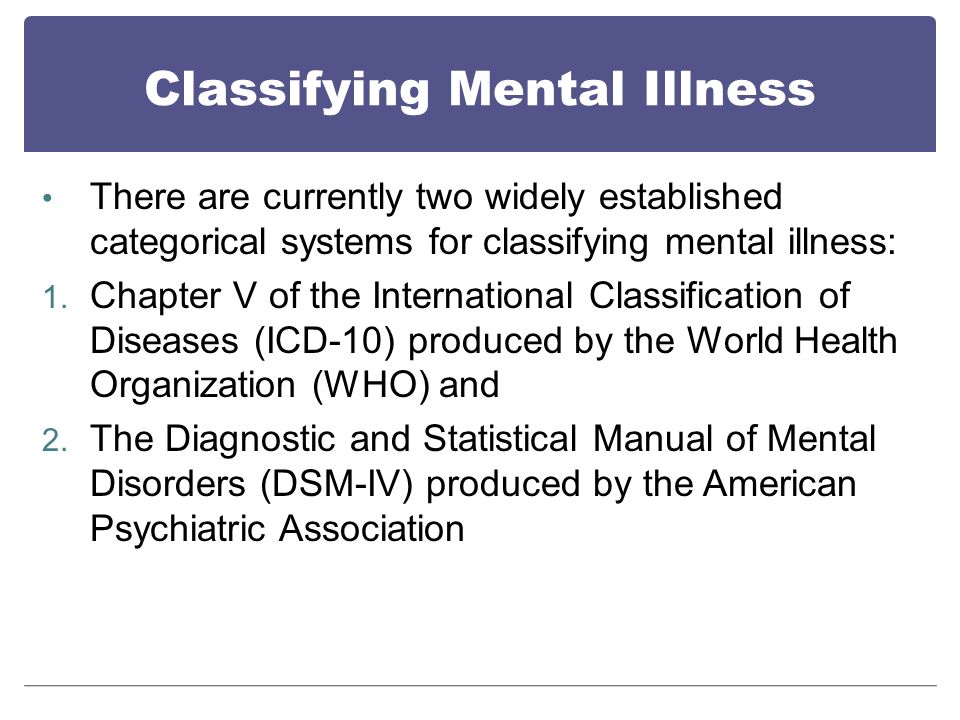Helicopter moms definition
Signs & Effects of Hovering
| What is Helicopter Parenting | Signs | Examples | Effects | Is Helicopter Parenting Good or Bad | How to Stop |
Although helicopter parents have earned quite a negative reputation in mainstream media, researchers have not found consistently negative impacts on children. Some studies actually found that this parenting style could produce favorable results in grown children due to the parents’ intense support1. Find out the pros and cons of this parenting style.
What is a Helicopter Parent
The meaning of helicopter parenting is loosely defined as parenting that pays excessive attention to children’s every move and experience. Helicopter parents are highly involved, overprotective parents who tirelessly oversee every aspect of their children’s lives and sometimes even act on their behalf.
Helicopter parents are sometimes called hovering parents because they hover over their children. They make noise like a helicopter and swoop in to rescue their children at first sign of trouble.
Originally, the term “helicopter parenting” signals that the parent is among the Baby Boomers (i.e. born between 1940s to 1960s), and the children are members of the Millennial generation (born between 1980s to 2000s). This term gained attention and notoriety in the early 2000s just as the millennials began reaching college age. University admission officials and college professors started experiencing the parents’ intrusive behavior and denouncing it publicly.
Hovering parents cannot let go of their kids. These parents are infamous for practices such as sitting in on the child’s admission interview, calling school administrators at 11pm to report a mouse in their child’s dorm room, and complaining to the professor about a disappointing grade their kid has received2.
In recent years, this term is also used to describe parents of any generation who show excessive monitoring and protective behavior in ways inappropriate for their child’s developmental stage.
One of the characteristics of helicopter parenting is that the parents micromanage their children’s life. While young children do require parents’ supervision, control and guidance to learn the rules of the world, these parents do it at a developmentally inappropriate level.
Helicopter parents monitor their children constantly. They control their children’s behavior and insist on helping with tasks their children can do alone. When their children face the slightest obstacle, they dive in to rescue immediately.
Examples of Helicopter Parenting
Here are some examples of helicopter parenting in different stages of a child’s life.
In toddlerhood, it makes sense to protect little kids from danger. However, over-involved parents might shadow their little ones incessantly. When the kid plays with a new toy, they shows their kids the “right” way to play with it and correct them if the kid tries to use it in a different way. The kid doesn’t have the space or opportunity to try and figure things out on their own. When the kid plays with other kids, these parents direct the child’s behavior and how they should interact with others. Falling and getting scratches are a normal part of toddlerhood as the kid learns to walk, but the parents hover over their toddlers to avoid any minor accident. A mildly scraped knee can stress out them intensely.
When the kid plays with other kids, these parents direct the child’s behavior and how they should interact with others. Falling and getting scratches are a normal part of toddlerhood as the kid learns to walk, but the parents hover over their toddlers to avoid any minor accident. A mildly scraped knee can stress out them intensely.
In elementary school, a helicopter mom or dad may go to great lengths to get her child into a certain school or a certain teacher. She not only supervises, but also helps her kid complete their school work or projects.
In middle school, a helicopter mom or dad selects their child’s best friend and activities for them. Their kids’ preferences are usually not taken into account because they believe they know what’s the best for their children.
In high school, the parent might take on the responsibility of researching and selecting the universities for their child to apply to. They watch over their kid’s shoulder when the kid applies to colleges. They may even call the admission office for an explanation if their child has not gotten into their dream school.
They may even call the admission office for an explanation if their child has not gotten into their dream school.
In college, the parent might request an extension for their child or complete assignments for them. They contact the president of the university, the dean, or the professor to dispute their child’s poor grades. They may even attend job fairs and interview with their child3.
The Effects of Helicopter Parenting
Despite the lopsided negative portrayal in popular media, a number of studies have found both positive and negative outcomes associated with helicopter parenting. Here are the pros and cons of helicopter parenting.
Pros – Positive Effects of Helicopter Parenting
Educators have long accepted that parental participation in the educational experiences of their children is a good thing. Appropriate parent involvement is one of the benefits of helicopter parenting. It is critical to a student’s intellectual and emotional development, and academic success4.
Research has found that a parent’s involvement fosters more positive attitudes in the kid toward school, improves homework habits, reduces absenteeism and dropping out, and enhances academic achievement5.
At the university level, new study has noted parental involvement has positive impacts on student development areas such as alcohol, decision making skills, life skills, physical health, mental health issues, and career development 6.
Intense support from these parents in areas including financial, advice and emotional has also proven to be valuable. For example, adult children of helicopter parents who provide intense support have better psychological adjustment and life satisfaction compared to those who have not.
Cons – Negative Effects of Helicopter Parenting
Despite the findings on parental involvement, multiple studies have indicated that overprotective parenting can result in negative effects in children’s mental health problems.
Children whose parents involve in their education at developmentally inappropriate levels are found to have worse psychological health. They are more prone to anxiety and depression, and substance abuse7.
Adolescents and young adults are particularly affected. These children have been shielded from difficult things in real life since they were little kids. They tend to be more neurotic and have a harder time becoming independent. They have an overwhelming fear of failure8, low self-esteem and poor coping skills to deal with problems in everyday lives9.
In adult children, helicopter parenting is also associated with higher levels of narcissism and sense of entitlement10.
Because these parents are the driving force behind education seeking, their children have extrinsic motivation to learn, which is found to be associated with lower academic performance11.
Is Helicopter Parenting Good or Bad
So why is there a big divergence in the results of helicopter parenting studies?
This inconsistency is mainly caused by the fact that “helicopter parenting” is not a well defined term in psychology. Unlike the four Baumrind parenting styles, there isn’t an universally agreed upon definition on what constitutes helicopter parenting. As a result, various studies using different definitions show both positive and negative consequences of this parenting style.
By inspecting the different interpretations, researchers have found that it’s not the amount of involvement, but the type of involvement perceived by the child, that determines whether the “helicoptering” will benefit or harm the kid12.
This is good news to protective parents because they can fine-tune their parenting into the type that helps, and not impedes, their children’s healthy development.
This phenomenon can be explained by the Self-determination Theory. According to the Self-determination Theory, there are three basic human psychological needs: autonomy, competence, and relatedness13.
According to the Self-determination Theory, there are three basic human psychological needs: autonomy, competence, and relatedness13.
When these needs are met, an individual experiences better health and well-being. They are intrinsically motivated to achieve and able to undergo growth and development14.
A supportive family environment, one that provides autonomous support to the kid can satisfy those needs. Autonomy supportive parents allow children to take an active role in making their own decisions and solving their own problems. These children are more competent and feel confident in their ability to interact with their environment. This type of parenting leads to better social and emotional adjustment in children.
On the other hand, a family environment that doesn’t allow autonomy cannot meet those needs15. Children with intrusive parents do not perceive to have much control over their own lives. They tend to have worse outcomes.
Being autonomy supportive doesn’t mean allowing the kid to behave any way they want. It means the child perceives the parent as non-controlling and they encourage independence.
“Helicoptering” can be beneficial if the kid experiences it as supportive and not controlling. But if children’s experiences are perceived as being controlled, it doesn’t matter whether the parent is supportive because without autonomy, the child won’t flourish in their development.
How To Stop Helicopter Parenting
Most parents who “helicopter” have good intentions. Any parent wants their children to be healthy, happy and successful. They want to help and support their kids in their parenting journey.
However, such parents are often perfectionist parents who makes their children’s success their parenting priority. They become an overly involved parent. As a result, their “help” or “support” becomes controlling.
To break free from helicopter parenting, draw the line between helping and controlling. It’s great to be a helpful and supportive parent as long as we don’t cross the line and start directing, or worse dictating, our children’s every move.
It’s great to be a helpful and supportive parent as long as we don’t cross the line and start directing, or worse dictating, our children’s every move.
A low grade, a wrong college, being rejected from a sports team or a botched job interview will not ruin our kids’ future. On the contrary, they are great lessons our children can learn from, with our guidance and support.
Being a controlling parent not only impacts the child’s wellbeing negatively, but it also causes a rift in the parent-child relationship. A warm, caring and happy childhood is actually the best predictor of a child’s future success.
Also See: How Teenagers Can Deal With Strict Parents
Final Thoughts On Helicopter Parents
There is nothing wrong to want to be a better parent. However, the desire to raise successful kids or constant comparison with other parents can push parents to become overly involved hurting our children’s development.
Read more on How to Recover From Being Raised by An Authoritarian Parent
Was this article helpful?
How helpful was it?
How can we improve it?
References
-
1.
Fingerman KL, Cheng Y-P, Wesselmann ED, Zarit S, Furstenberg F, Birditt KS. Helicopter Parents and Landing Pad Kids: Intense Parental Support of Grown Children. Journal of Marriage and Family. Published online July 13, 2012:880-896. doi:10.1111/j.1741-3737.2012.00987.x
-
2.
Coburn KL. Organizing a ground crew for today’s helicopter parents. About Campus. Published online July 2006:9-16. doi:10.1002/abc.167
-
3.
Vinson K. Hovering Too Close: The Ramifications of Helicopter Parenting in Higher Education. Georgia State University Law Review. 2013;29:423.
-
4.
Jeynes WH. The Relationship Between Parental Involvement and Urban Secondary School Student Academic Achievement. Urban Education. Published online January 2007:82-110. doi:10.1177/0042085906293818
-
5.
Sui-Chu EH, Willms JD. Effects of Parental Involvement on Eighth-Grade Achievement. Sociology of Education.
Published online April 1996:126. doi:10.2307/2112802
-
6.
Carney-Hall KC. Understanding current trends in family involvement. New Directions for Student Services. Published online 2008:3-14. doi:10.1002/ss.271
-
7.
LeMoyne T, Buchanan T. DOES “HOVERING” MATTER? HELICOPTER PARENTING AND ITS EFFECT ON WELL-BEING. Sociological Spectrum. Published online July 2011:399-418. doi:10.1080/02732173.2011.574038
-
8.
Locke JY, Campbell MA, Kavanagh D. Can a Parent Do Too Much for Their Child? An Examination By Parenting Professionals of the Concept of Overparenting. Aust j guid couns. Published online December 2012:249-265. doi:10.1017/jgc.2012.29
-
9.
Odenweller KG, Booth-Butterfield M, Weber K. Investigating Helicopter Parenting, Family Environments, and Relational Outcomes for Millennials. Communication Studies. Published online July 28, 2014:407-425. doi:10.1080/10510974.2013.811434
-
10.
Segrin C, Woszidlo A, Givertz M, Montgomery N. Parent and Child Traits Associated with Overparenting. Journal of Social and Clinical Psychology. Published online June 2013:569-595. doi:10.1521/jscp.2013.32.6.569
-
11.
Schiffrin HH, Liss M. The Effects of Helicopter Parenting on Academic Motivation. J Child Fam Stud. Published online February 6, 2017:1472-1480. doi:10.1007/s10826-017-0658-z
-
12.
Schiffrin HH, Liss M, Miles-McLean H, Geary KA, Erchull MJ, Tashner T. Helping or Hovering? The Effects of Helicopter Parenting on College Students’ Well-Being. J Child Fam Stud. Published online February 9, 2013:548-557. doi:10.1007/s10826-013-9716-3
-
13.
Deci EL, Ryan RM. The “What” and “Why” of Goal Pursuits: Human Needs and the Self-Determination of Behavior. Psychological Inquiry. Published online October 2000:227-268. doi:10.1207/s15327965pli1104_01
-
14.
Ryan RM, Deci EL.
Intrinsic and Extrinsic Motivations: Classic Definitions and New Directions. Contemporary Educational Psychology. Published online January 2000:54-67. doi:10.1006/ceps.1999.1020
-
15.
Deci EL, Ryan RM. The Paradox of Achievement. In: Improving Academic Achievement. Elsevier; 2002:61-87. doi:10.1016/b978-012064455-1/50007-5
About Pamela Li
Pamela Li is an author, Founder, and Editor-in-Chief of Parenting For Brain. Her educational background is in Electrical Engineering (MS, Stanford University) and Business Management (MBA, Harvard University). Learn more
View all posts by Pamela Li | Website
Page not found - Parenting For Brain
We didn't find the posts for that URL.
Latest Posts
| Examples | How Many Rules Does A Family Need | How to create family rules that work | What Are Family Rules Family rules are guidelines or expectations set by parents or guardians for their children’s behavior and actions within the family unit. They help establish structure, maintain harmony, and promote positive behavior in …
Read More about 7 Tips On Creating Family Rules
| Intergenerational Transmission | Positive Influence From Parents | How To Be A Good Parent Role Model | What is a Parent Role Model A parent role model is a parent who serves as a positive example for their children to follow. Their actions and values set a standard for their children to emulate. Parental …
Read More about Parental Influence & How To Be A Good Parent Role Model
At some point in our childhood, we’ve all promised ourselves that we would never treat our own children the way we were treated. However, when we became parents, our perspective shifted. We began to understand why our own parents made certain choices, and our priorities changed as we moved from being the child to the …
Read More about 5 Tips On How To Parent Differently Than Your Parents
| What Is A Tiger Mom | Examples | Tiger Parenting Does Not Represent Chinese Parenting | Negative Effects | Positive Effects | What Is Tiger Parenting Tiger parenting is a strict parenting style made popular by the book “Battle Hymn of the Tiger Mother” written by law professor Amy Chua of Yale Law School. …
Read More about What Is Tiger Parenting And Is It Superior?
What Is A Manipulative Parent A manipulative parent is one who uses various tactics to control, exploit, or influence their children to get what they want or serve their own needs, often at the expense of their child’s well-being1. Manipulative tactics can include emotional manipulation, lies, guilt-tripping, threats, and other forms of psychological abuse. This …
Read More about 10 Types of Things Manipulative Parents Say
| Types | Signs of Mentally Abusive Parents | Effects | Signs of Mental Abuse In Children | What Is Mental Abuse Mental abuse, also known as psychological abuse, is characterized by the repeated use of non-physical acts such as manipulation, threats, intimidation, and isolation to control, harm, or punish an individual. It can have …
Read More about 23 Signs Of Mentally Abusive Parents
| Examples | Are Teenagers More Prone To Reckless Behavior | Causes | Protective Factors | How To Prevent Teenage Reckless Behavior | What Is Reckless Behavior Reckless behavior is irresponsible action that involves taking unjustifiable risks in dangerous situations without regard for the consequences. While reckless behavior is not exclusive to teenagers, they are …
Read More about How To Prevent Teenage Reckless Behavior
| What Not To Say To Teenagers With Depression | What To Say To A Depressed Teen | Mental health problems among teenagers are a significant concern. According to the World Health Organization (WHO), one in seven 10-19-year-olds worldwide suffers from a mental disorder, adolescent depression being one of the most prevalent1. Adolescence is a …
Read More about What Not To Say To A Depressed Teenager (And What To Say Instead)
| What is Malicious Parent Syndrome | Signs | Causes of Child Rejection | Effects | Studies have found that most children of divorce families want to maintain relationships with both parents. They long to see their non-custodial parent, even if that parent is not interested in them much. However, a small portion of children, …
Read More about 19 Signs Of Malicious Parent Syndrome and Effects On Children
| What Is Defiance | How To Handle A Defiant Child | You’ve tried everything to change your defiant child’s behavior – yelling, time-outs, privilege removal, and grounding, but nothing works. You are constantly fighting with your kid. Their behavior gets worse, and your relationship with them deteriorates every day. You might sometimes question the …
Read More about 10 Tips On How To Handle A Defiant Child
Parent-helicopter or parent-lighthouse: looking for yourself among the types of mothers and fathers
For those who are confident in their uniqueness, we inform you: in fact, we all have a lot in common. Especially when it comes to parenting. No matter how people behave in the role of moms or dads, each of them corresponds to one of the types already described by psychologists.
Helicopter parents
Helicopters are mothers and fathers who spare no effort and time to plan the life of their child from nursery school to graduate school, but they see a sort of “air cover” as the meaning of their existence. However, countless attempts to put a straw on the child, so that God forbid he does not get hurt, often lead to the fact that the children at the "helicopters" grow up indecisive, passive and unsure of themselves.
Parents also make other mistakes: Great Nehochuha: mistakes of parents, because of which children do not want anything (and study too)
Dolphin parents
borders and children's autonomy. Such parents know that it is necessary to work together, and give the child the right examples of behavior and interaction with others.
Parents-trainers
Psychologists call this type of parents authoritarian. Strict rules and restrictions in everything, excessive demands on the child, a rigid system of punishments and rewards are the main signs of robotic parents. In addition, such mothers and fathers are distinguished by a complete inability to dialogue with the child: “What does “why” mean?! Because I said so)!". The purpose of this parenting is control and power.
Speaking of cruel methods of upbringing, one cannot help but recall: Experiments with children: how scientist parents saved the world (or indulged the ego)
Attached parents
The alpha and omega of this type is the maximum closeness between parent and child. Attachment moms and dads strive to create a strong emotional bond with their children. Without it, in their opinion, trusting relationships in the family and adequate self-esteem are impossible. Such parents practice long breastfeeding, slings and co-sleeping with the child.
Tyrant parent
As a rule, either mother or father. Because two representatives of this type are unlikely to be able to create a couple. An imperious parent who knows exactly what and how should happen in his family, and therefore completely usurps control over the household. Deaf to objections, suppresses riots quickly and harshly. He is stingy with encouragement, considers criticism, humiliation and ridicule as effective methods of education.
Often, as adults, children refuse to communicate with such parents. However, they renounce for other reasons: Violent generation: children of celebrities who renounced their parents
Rohli parents
Type of parents opposite to "tamers" and "tyrants". Such mothers and fathers do not forbid anything, they do not scold for anything, they are ready to carry a child on their own neck for many years. Rohli parents do not claim authority and are not able to control the situation, set rules and formulate their expectations.
Lighthouse parents
Lighthouses are distinguished by unconditional love for their children, but at the same time they do not protect the child from mistakes, giving him the opportunity to learn from them. The beacon parent observes and directs, gives guidance and maintains balance: does not interfere with learning about life, but will always come to the rescue if necessary.
The ability to build the right relationship with a child allows even one parent to give their child everything necessary for a happy life: Growing up without a father: stars raised by single mothers
Helicopter mom How to calm down with a mother who cares too much / My life
Having supportive parents is a blessing.
Our parents are our biggest support system. They watched us grow up, changed diapers, wiped away tears, and interacted with us when we were total jerks. So, of course, their connection to us is stronger than anyone else's. But sometimes, the moments when a parent has to step back and let us grow don't happen. Welcome to the world of helicopter mom.
Helicopter moms are mostly high school and college parents, but let's not be picky, their kids can be forty years old. These parents are essentially a helicopter over their children. They are overly involved in the child's life, making decisions that their child is capable of.
How to Deal with a Helicopter Mom
While helicopter dads exist, it's usually mommies who take over this area of expertise. That, on the one hand, you need to understand. They carried you for nine months, they raised you, so they are emotionally connected to you. The things they used to help you, well, you don't need their help anymore.
So the helicopter mom was born out of an inability to let go and realize that their children no longer needed the help they once needed. Trust me, I'm not a parent, but I feel like we'll all experience this vacation struggle when we have kids. What you need to do is learn how to handle helicopter mom and land the helicopter safely.
# 1 You must be empathetic. Look, I know you want independence, but if you try to understand her point of view, it won't work. And honestly, if you have a tantrum before you even sit down with her, I understand why she's a helicopter mom. You are immature.
So if you're trying to get more freedom, act like an adult. Try to understand why she is behaving the way she is: she is worried about you. She has trouble understanding that you are capable of doing things on your own. It is so simple.
# 2 No need to defend yourself. This is the first thing you want to do. I know you feel suffocated, but you cannot become a protector. You want to protect your right to freedom, I understand, but this is just the beginning of the argument.
You must enter into this conversation by understanding her point of view, and you must be ready to speak. There is nothing to fight about, this is a conversation about your growing up.
# 3 Don't think she has a motive. Your mother is not trying to sabotage your life. If anything, she wants you to have a better life than she grew up with. She wants whatever you want, she just can't let go. This is what many people feel when they have a helicopter mom. They think, "She's trying to ruin my life," and honestly, no..
She's just worried about you. I mean, have you seen what's going on around the world? I don't blame her for getting mad. So, get the idea "my mom is trying to ruin my life" out of your head.
#4 Be transparent with her. If you want her to understand your point of view, you must be transparent with her. If she gives you a place to go out with friends, be open with her. If you are secretive, it only makes her more worried about you. Thus, I continue to be a helicopter mother. If you're in your teens, it can be uncomfortable to be transparent with your mom, but as you get older, you'll see that it's necessary if you want to have a good relationship with her.
# 5 Practice honesty. You must be honest with her. When you sit down with her to talk about it, you really need to tell her how you feel. I know it's uncomfortable and scary, but if you're not honest, she'll keep doing what she's doing.
Tell her how you really feel and what you need her to do. If you don't want her to call you eight times a day, express it and tell her how you feel about this action. She's your mom, she's not the type to get you. You don't have to lie.
# 6 Compromise with her. She lived a longer life than you, so she saw things, trust me on that. You think you know, but in fact, you have no idea. I say that now at 26 I have no experience compared to my mom. So her advice may come from fear, but it also comes from experience.
If you come to her with a need, know that you will have to compromise. Of course, this may not be an ideal result, but it shows her that you are mature and you are considering her life experience. Trust me, sometimes parents are right. Compromise with her to where she's comfortable and you'll get what you want.
# 7 Don't go against what you believe. If you really want something, you can't give in to her. She may not like what you are doing. For example, studying in another state or traveling, but you need to show her that you are growing. So while you have to compromise with her, make sure that at the end of the day, you actually achieve your goal. I mean as long as it's great and positive. If not, listen to your mom.
# 8 Show her that you can do things on your own. If your mom won't let you feed the dog because you forget, well, show her you can feed your dog. Okay, she may not be able to let go because she doesn't want to admit to herself that she isn't needed the way she once was.
But you have probably also shown her that you are not responsible enough for certain tasks. So, prove her wrong.
# 9 Show her your plan. If you want to travel for a month or go to an out-of-state school, you need to show her that you're serious. Show her a clear and thoughtful plan. She needs to see what you can do. Show her that you have thought about your goals and that you want to achieve them. Listen to what she has to say and negotiate with her.
# 10 Take it easy on your mom. So if she agrees to let you do things on her own, you can't just jump into her. Ease her into the new way of life she will live.
If she extended your curfew to 11 p.m., stick with it for a while. Get used to it so you don't go later. In a couple of months, when she sees your responsibility, ask for an extension of the curfew. Do you understand where I'm going with this?
# 11 Make sure she's listening. This may come as a shock to her, so she may pass out or perhaps start to ramble about her emotions. When you speak, you need to make sure she is actively listening. If not, then whatever you say will go in one ear and out the other. So when you are talking to her, remove all distractions. Also, don't text during this conversation, leave your phone alone.
# 12 Show your confidence. You must be sure. If your mom feels any fear in your voice or fear in what you want to do, she will ask. For example, I wanted to go to Istanbul, I didn't dare to tell my parents. My dad picked it up right away and used that hesitation against me.
So you need to approach the subject with confidence, but also with open ears. If you are brash and cannot compromise, you will be in trouble.
# 13 Be patient. It won't happen overnight. In fact, you probably have problems with your mom.














